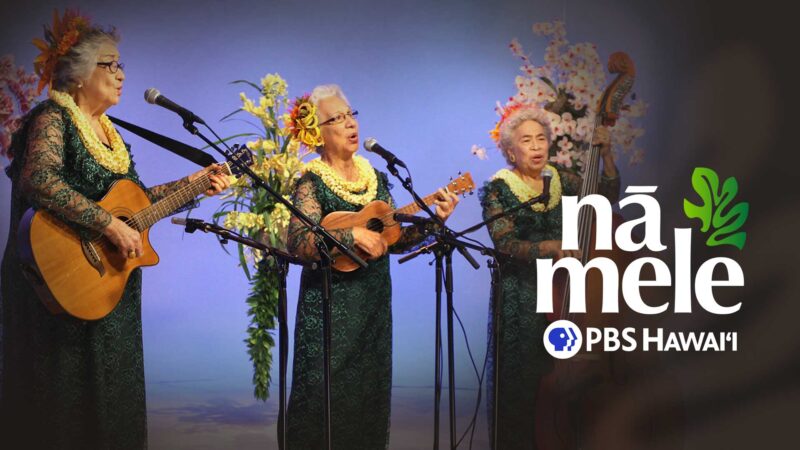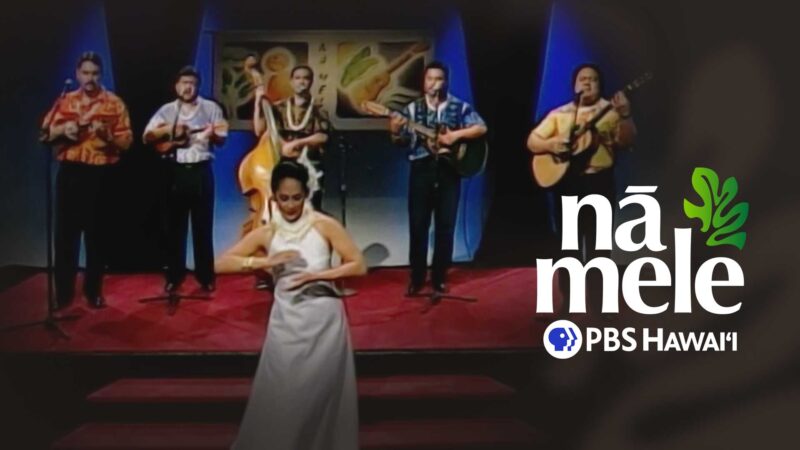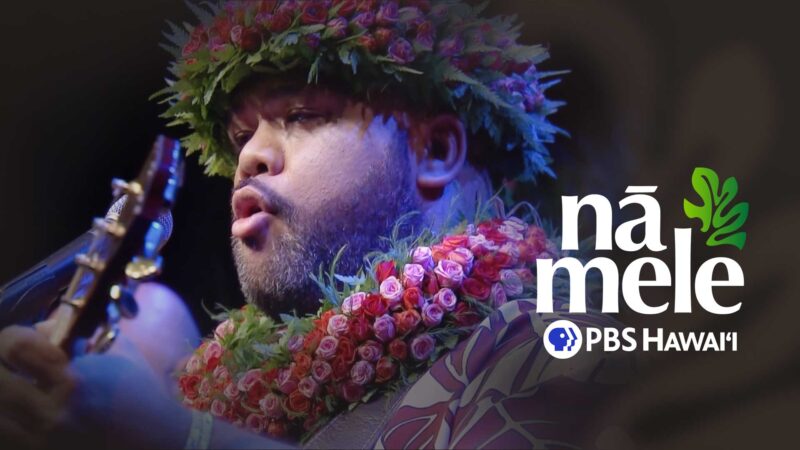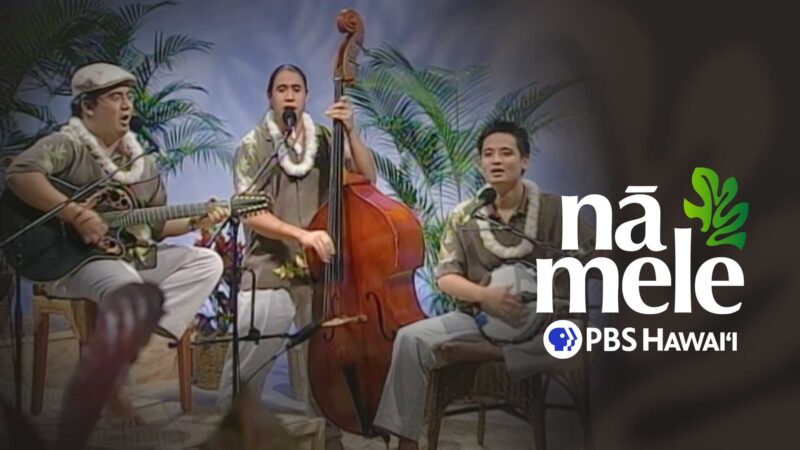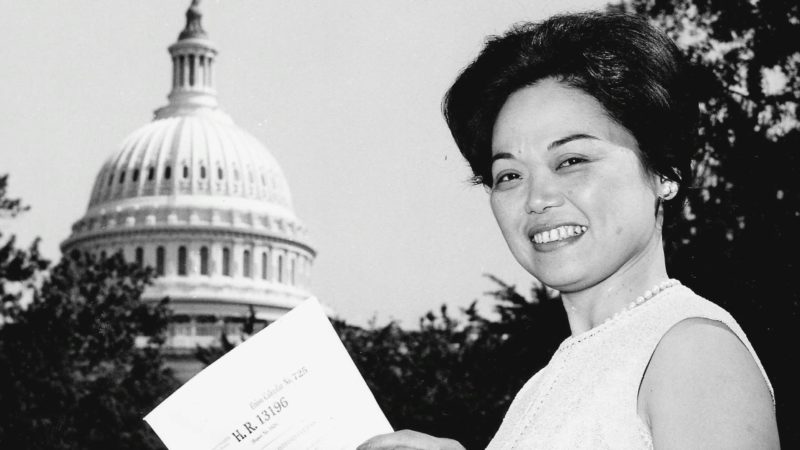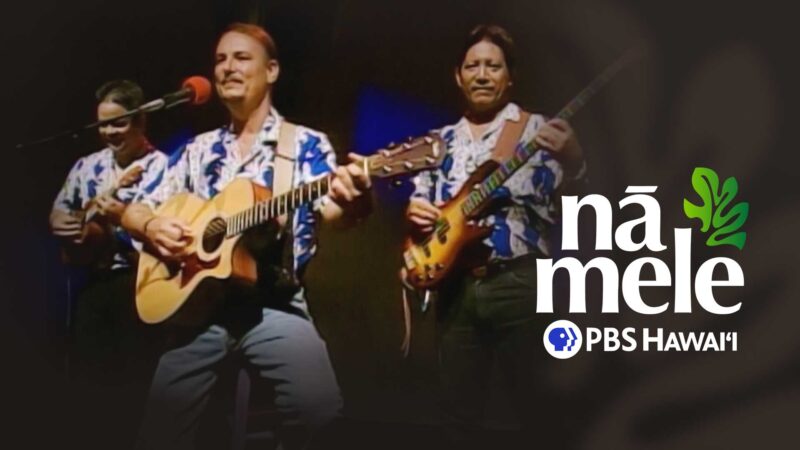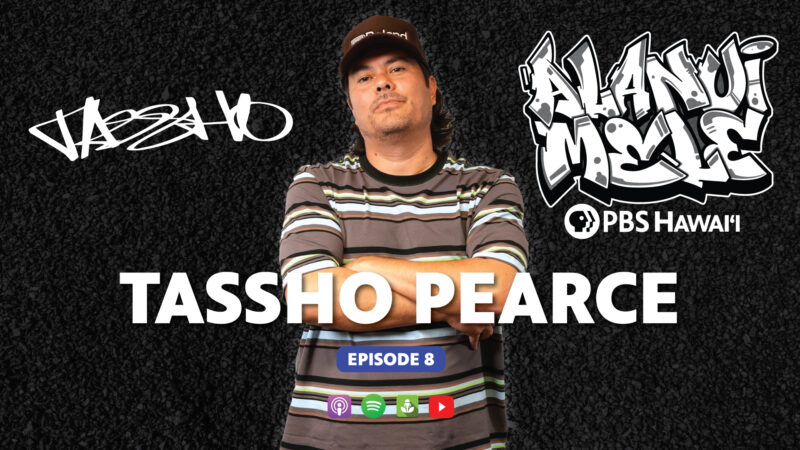The PBS Hawaiʻi Livestream is now available!
PBS Hawaiʻi Live TV
Over 50 Years of "Soft and Sweet" Performances by The Leo Nahenahe Singers, Nā Hokū and Hawaiian Music Hall of Fame honorees, perform Hawaiian classics.
An encore presentation of a vintage performance in the PBS Hawaii studio by Ho’okena…
According to Kuana Torres Kahele, music can transcend boundaries. He hopes that Hawaiian songs, or mele, can spark something inside of listeners, no matter their culture. Enjoy this new episode of Nā Mele and our digital exclusive content.
A vintage performance at the PBS Hawai‘i studios in Mānoa by this multi-Nā Hoku Hanohano Award-winning group…
Fifty years ago, a fiery, young politician from Pā‘ia, Maui championed federal legislation that changed America…
From beef stew to zosui, our soups and stews are windows into the lives of…
In this episode of HIKI NŌ on PBS Hawai‘i, student storytellers honor Teacher’s Appreciation week…
A throwback performance by Jerry Santos and Friends.
One of Hawaiʻi’s most respected MC’s and entrepreneurs…
Jeri follows Galeaʻi, an 18-year-old Lāʻie, Windward Oʻahu resident as she trains for and participates in the 2019 World Fireknife Competition seeking to become the Women’s Division champion.

